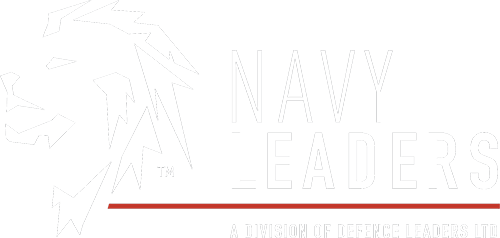Pirate ship capture showcases India's world-class special forces, analysts say: CNN
)
The Indian Navy’s rescue of a commercial ship from pirates off Somalia’s coast last weekend shows how Delhi’s military has developed special forces capabilities on par with some of the world’s best, analysts say.
The navy rescued 17 crew members of the vessel MV Ruen during an anti-piracy operation lasting nearly two days, according to an Indian Navy news release, with no casualties reported. Dozens of pirates were taken into custody, it said.
The operation involved a navy destroyer, a patrol ship, an Indian Air Force C-17 transporter flying more than 1,500 miles to airdrop marine commandos, a naval drone, a reconnaissance drone and a P-8 surveillance jet, the release said.
“The success of the operation marks the Indian Navy as a top-class force in terms of training, command and control and other capabilities,” said John Bradford, Council on Foreign Relations International Affairs fellow.
“What marks this operation as impressive is how risk was minimized by using a coordinated force that includes use of a warship, drones, fixed- and rotary-wing aircraft, and marine commandos.”
Experts fear the volatile security situation in the Red Sea due to attacks by Yemen-based Houthi rebels on commercial shipping may tie up international forces and provide a window for Somali pirates in the nearby Horn of Africa – presenting a multi-billion-dollar threat to the global economy.
Yemen and Somalia are among the region’s poorest nations, both ravaged by years of civil war.
Somali pirates’ capture of the MV Ruen in December last year marked the first successful hijacking of a vessel off the country’s coast since 2017.
Spanish, Japanese and Indian warships tracked the Malta-flagged, Bulgarian-managed bulk carrier as it was taken into Somali territorial waters, according to a December report from the European Union Naval Force.
But when the Ruen, now operated by a pirate crew, last week left Somali waters with the intent of committing acts of piracy on the high seas, the Indian Navy made moves to intercept it, according to a navy statement posted on social platform X.
The destroyer INS Kolkata, operating in the area to help ensure international maritime security, used a ship-launched drone to confirm the Ruen was being operated by armed pirates, the Indian statement said.
After the pirates fired on the drone, destroying it, and then on the Indian warship itself, the Kolkata responded by firing on the Ruen, disabling its steering and navigation, the statement said.
As the Kolkata sought the surrender of the pirates, the commandos parachuted in after a 10-hour flight from India, the air force said on X. Rafts were also dropped into the ocean from the large transport for marines to reach the Ruen.
The Indian show of force proved too much for the pirates.
“Due to sustained pressure and calibrated actions by the Indian Navy over the last 40 hours, all 35 Somali pirates surrendered,” the navy statement said.
Bulgarian leaders, including President Rumen Radev, thanked India and its Prime Minister Narendra Modi for the operation.
“My sincere gratitude to (Modi) for the brave action of (the) Navy rescuing the hijacked Bulgarian ship ‘Ruen’ and its crew, including 7 Bulgarian citizens,” Radev posted on X.
Analyst Carl Schuster, a former US Navy captain, said the incident highlighted the professionalism of the Indian Navy and said Delhi’s marine commando force, known as MARCOS, had learned from its US and British counterparts.
“The Indian Navy itself is a highly trained and disciplined professional force,” Schuster said.
“MARCOS’ nearly eight months of training is modeled after Britain’s SAS. Despite a very intense selection process, only about 10% to 15% of those who enter the training graduate,” he said.
The analysts noted that the Indian Navy is experienced in anti-piracy operations, going back more than 20 years – and the restive security situation in one of the world’s major shipping lanes meant they were likely to be called on again.
In a January media briefing, an Indian Ministry of External Affairs spokesperson said maritime security in the region is a priority for India.
“The ongoing activities there are indeed a matter of concern, and it affects our economic interests,” official spokesperson Shri Randhir Jaiswal said.
“We are consistently monitoring the situation. Our naval forces, naval vessels are engaged in ensuring the safety of our commercial vessels,” Jaiswal said.
Read original article here.
